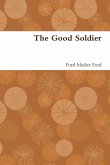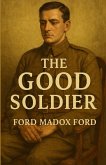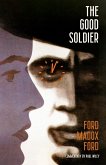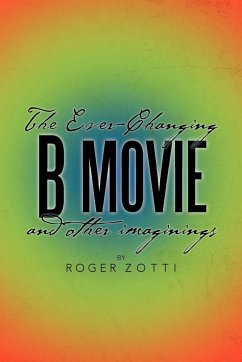First published in 1915, Ford Madox Ford's The Good Soldier begins, famously and ominously, "This is the saddest story I have ever heard." The book then proceeds to confute this pronouncement at every turn, exposing a world less sad than pathetic, and more shot through with hypocrisy and deceit than its incredulous narrator, John Dowell, cares to imagine. Somewhat forgotten as a classic, The Good Soldier has been called everything from the consummate novelist's novel to one of the greatest English works of the century. And although its narrative hook--the philandering of an otherwise noble man--no longer shocks, its unerring cadences and doleful inevitabilities proclaim an enduring appeal.Ford's novel revolves around two couples: Edward Ashburnham--the title's soldier--and his capable if off-putting wife, Leonora and long-transplanted Americans John and Florence Dowell. The foursome's ostensible amiability, on display as they pass parts of a dozen pre-World War I summers together in Germany, conceals the fissures in each marriage. John is miserably mismatched with the garrulous, cuckolding Florence and Edward, dashing and sentimental, can't refrain from falling in love with women whose charms exceed Leonora's. Predictably, Edward and Florence conduct their affair, an indiscretion only John seems not to notice. After the deaths of the two lovers, and after Leonora explains much of the truth to John, he recounts the events of their four lives with an extended inflection of outrage. From his retrospective perch, his recollections simmer with a bitter skepticism even as he expresses amazement at how much he overlooked.Dowell's resigned narration is flawlessly conversational--haphazard, sprawling, lusting for sympathy. He exudes self-preservation even as he alternately condemns and lionizes Edward: "If I had had the courage and the virility and possibly also the physique of Edward Ashburnham I should, I fancy, have done much what he did." Stunningly, Edward's adultery comes to seem not merely excusable, but almost sublime. "Perhaps he could not bear to see a woman and not give her the comfort of his physical attractions," John surmises. Ford's novel deserves its reputation if for no other reason than the elegance with which it divulges hidden lives. --Ben GutersonThe novel's original title was The Saddest Story, but after the onset of World War I the publishers asked Ford for a new title. Ford suggested (sarcastically) The Good Soldier, and the name stuck.In 1998, the Modern Library ranked The Good Soldier 30th on its list of the 100 best English-language novels of the 20th century. In 2015 the BBC ranked The Good Soldier 13th on its list of the 100 greatest British novels.
Bitte wählen Sie Ihr Anliegen aus.
Rechnungen
Retourenschein anfordern
Bestellstatus
Storno









![The Soldier Spiritualised: Or, National, Compared With Spiritual Warfare [Ed. by F.G. Sharp] The Soldier Spiritualised: Or, National, Compared With Spiritual Warfare [Ed. by F.G. Sharp]](https://bilder.buecher.de/produkte/66/66701/66701823m.jpg)